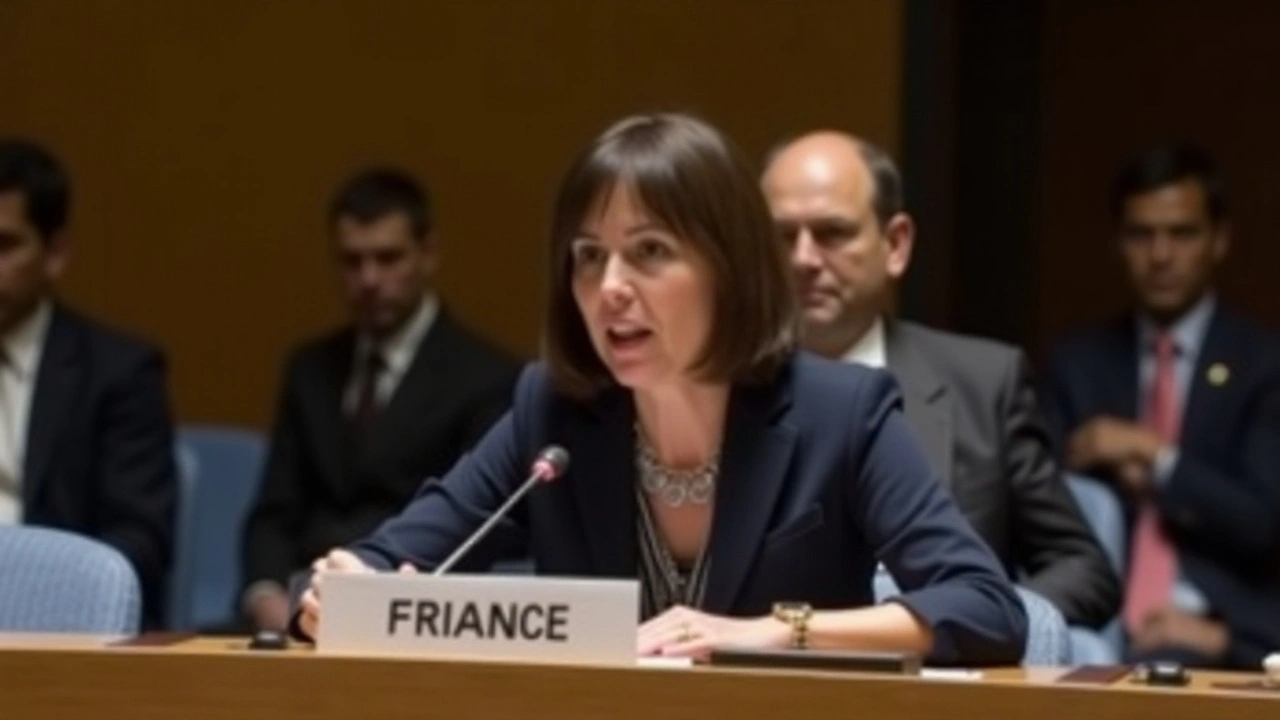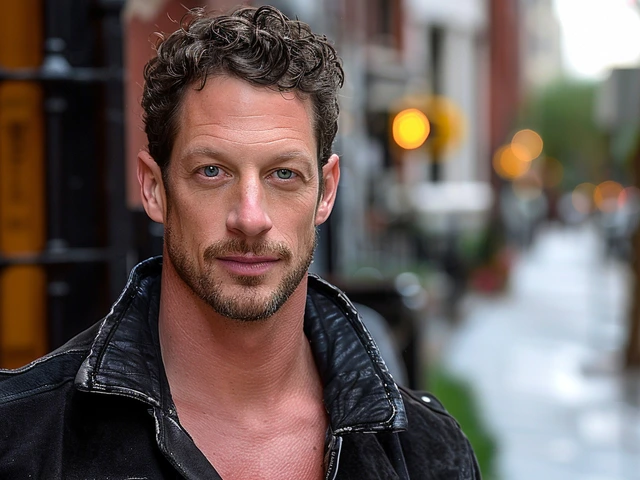Resolution 1540: What It Is and Why It Matters
Ever wondered why you hear about Resolution 1540 in headlines about security and terrorism? It’s a United Nations rule that says every country must stop the spread of nuclear, chemical and biological weapons to groups that aren’t governments. Think of it as a global safety net that keeps dangerous weapons out of the hands of rebels, criminals or terrorist cells.
Adopted in 2004, the resolution doesn’t just talk – it forces action. It tells states to put laws in place, to train officials, and to control materials that could be turned into weapons. If a country skips these steps, the whole world stays at risk. That’s why the topic shows up across so many news stories, even when the headline seems unrelated.
Who Must Comply?
Resolution 1540 applies to every UN member, not just the big powers. That means a small island nation and a massive country like the United States both have to put safeguards in place. The rule covers three main groups:
- Governments: They need laws that ban the sale or transfer of WMD‑related items to non‑state actors.
- Businesses: Companies dealing with chemicals, labs or aerospace must check who they’re selling to.
- Border agencies: Customs and police have to spot suspicious shipments before they cross a border.
Even NGOs that work with lab equipment can be caught up in the compliance net. The goal is simple – no loopholes for bad guys to exploit.
How Countries Implement the Rules
Most nations start by writing new laws or updating old ones. For example, they might criminalize any attempt to give a terrorist group a chemical precursor. Next, they set up a national authority – often called a “National Authority for the Implementation of Resolution 1540” – to coordinate everything.
Training is another big piece. Police, customs officers, and even scientists get lessons on what to look for. Some countries create databases of dual‑use items (things that have peaceful uses but could be weaponized) and share the list with trade partners.
International help is common, too. The UN runs a support programme that offers technical advice, helps draft legislation, and runs joint exercises. This way, a country with limited resources can still meet the resolution’s demands.
Failure to comply can bring diplomatic pressure, sanctions, or loss of aid. But most governments see compliance as a way to boost their reputation and attract foreign investment – nobody wants to be labeled a security risk.
In practice, Resolution 1540 has led to real changes. Look at the rise of export‑control lists that now include items like certain enzymes or advanced drones. Or the increased scrutiny of online marketplaces where anyone can order chemicals with a click.
For everyday readers, the takeaway is that this UN rule works behind the scenes to keep dangerous weapons out of reach. When you hear a story about a busted smuggling ring or a new lab safety law, chances are Resolution 1540 is the invisible hand guiding that action.
So, whether you’re following a sports headline or a political scandal, remember that Resolution 1540 is the quiet watchdog making sure the world stays safer for all of us.






